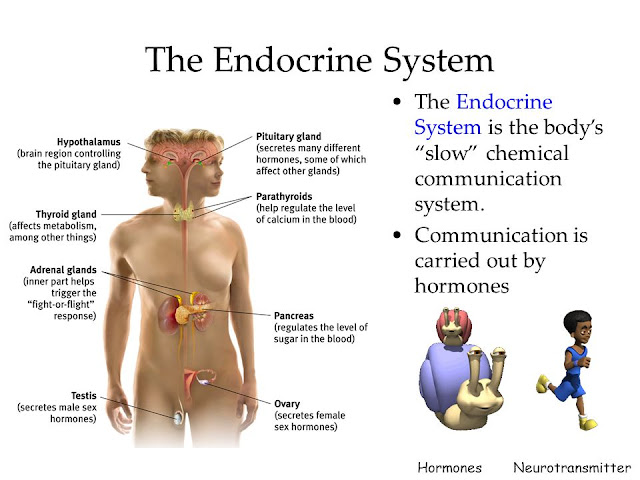v Excretion- The biological process of removal of harmful metabolic wastes in living organisms. Excretion in human beings - (Refer to figure 6.13 page no. 110 of N.C.E.R.T Text book) § Organs of excretory system - (i) Kidneys (iii) Urinary bladder (ii) Ureters (iv) Urethra § Kidneys- (i) Two in number (ii) Bean shaped (iii) Present in abdomen on either side of the backbone (iv) Basic unit is nephron. a. Glomerulus- Group of capillaries (cluster) present in Bowman’s capsule to receive blood from renal artery and filters it. b. Bowman’s capsule- Cup shaped structure, which contains glomerulus. c. Convoluted tubule- is long and reabsorbs vital nutrients like glucose, amino acids, salts, urea and water. F unctions of Kidneys- (a) Filtration & removal of N
